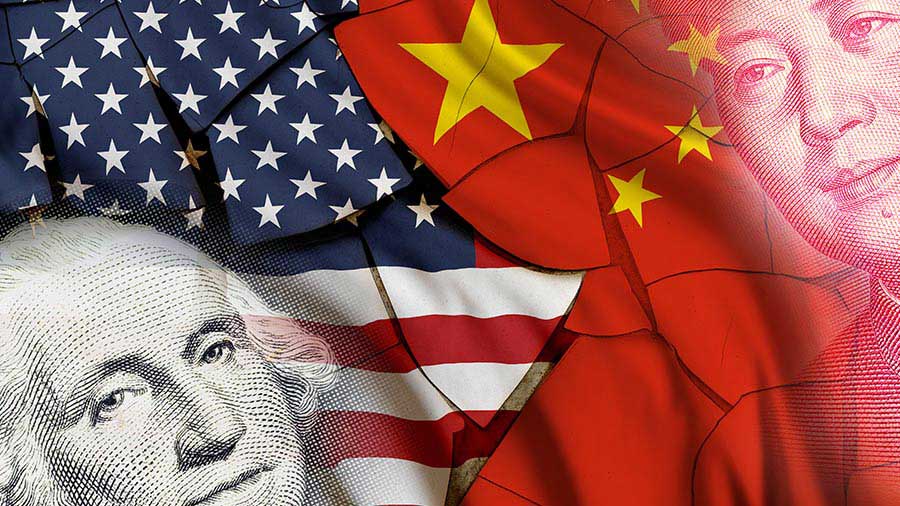
The new leadership change in the United States (US) is expected to affect the global trade landscape, particularly in trade relations between the US and China.
Should the geopolitical issues continue, the Ministry of Investment, Trade and Industry (MITI) believes that there will be better opportunities for other countries like Malaysia to become alternative destinations for multinational companies to increase or start their investments.
In light of this, the Malaysian government has introduced various initiatives to attract investors to move or expand their operations in Malaysia as a result of the US-China trade war.
Some of the initiatives include making the semiconductor industry a major programme under the New Industrial Master Plan (NIMP) 2030, drafting a National Semiconductor Strategy, including efforts to modernise the existing Outsourced Semiconductor Assembly and Test companies, which is an important element in the semiconductor value chain.
The government also plans to strengthen existing infrastructure, focus on local talent and encourage government-linked investment companies to invest in local semiconductor companies.
As China has been Malaysia’s largest trading partner for 15 consecutive years, MITI minister Tengku Datuk Seri Zafrul Abdul Aziz highlighted the strong trade partnership between the 2 nations.
Because of this, the Malaysian government aims to maintain its strong economic growth momentum while prioritising the sustainable development goals (SDGs) with a particularly focus on climate change, renewable energy (RE) and emerging technologies – areas there China has demonstrated significant strength.
“I think China has been very supportive and very open with companies and investors from Malaysia, as well as when it comes to trading with Malaysia. So, this is an area where we think is very important.
“Next year, when Malaysia chairs ASEAN, we have put one of the deliverables, especially on the economic side, which is to upgrade the ASEAN trade in goods agreement with China. (I believe that) will again improve trade between Malaysia and China,” Tengku Zafrul opined, adding that Malaysia is planning to push towards in terms of the digital business-to-business (B2B) aspect.
The minister also pointed out that when it comes to investments, digital investment is one of the biggest investment into the country, as Malaysia a major exporter in the electrical and electronics (E&E) sector.
Similarly, local technology firm Aerodyne Group co-founder and group chief executive officer Datuk Kamarul A. Muhamed described China as a country that can be considered as both the manufacturing hub and innovation centre of the world, with many emerging technologies coming from the region.
“Collaborating with Chinese companies can significantly enhance the technology transfer between our 2 countries. Currently, Aerodyne is already collaborating with various Chinese companies including investors and operational partners from Shenzhen and we (have) established an office in Shanghai.
“We are also co-developing some new drone technologies to explore ways in which we can add value to one another,” he added.
Meanwhile, Julie’s Biscuits director Sai Tzy Horng also opined that bridging cultural gaps between Malaysian and Chinese consumers as well as continuous evolution to meet the diverse needs of both markets are among key strategic areas for the Malaysian-owned company to expand its business in China.
























